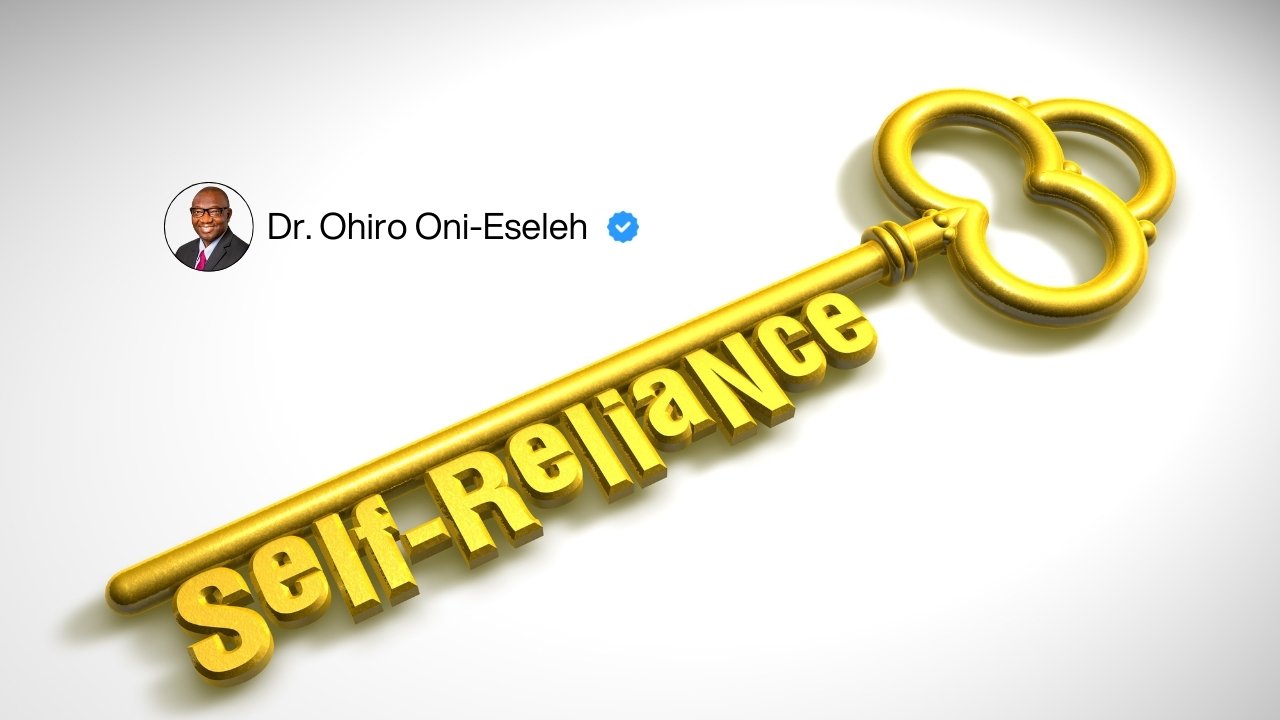
Self-reliance is a fundamental principle that emphasizes the importance of individuals relying on their own capabilities, resources, and judgments to navigate life’s challenges. This concept has been championed by thinkers like Ralph Waldo Emerson, who argued that the essence of self-reliance lies in trusting oneself and one’s intuition. In exploring the value of self-reliance, it is crucial to distinguish it from selfishness, a common misconception that can often cloud our understanding of personal independence.
The Essence of Self-Reliance
Self-reliance embodies the idea of personal empowerment. It encourages individuals to develop their skills, make decisions independently, and take responsibility for their actions. This journey towards self-sufficiency fosters resilience and confidence, allowing people to face adversity with a proactive mindset. In practical terms, self-reliance can manifest in various ways, such as:
1. Emotional Independence: The ability to manage one’s emotions and mental well-being without overly relying on others for support. This fosters stronger personal relationships and the capacity to provide support to others when needed.
2. Financial independence promotes a sense of security and freedom, enabling individuals to make choices aligned with their values and goals.
3. Decision-Making Authority: Gaining the confidence to make choices based on personal beliefs and values, rather than succumbing to external pressures or opinions, empowers individuals to lead authentic lives, true to their principles.
Distinguishing Self-Reliance from Selfishness
While self-reliance emphasizes personal strength and independence, it is essential to differentiate it from selfishness. Selfishness often involves prioritizing one’s own needs and desires at the expense of others, leading to a lack of empathy and social responsibility. Here are some key contrasts between self-reliance and selfishness:
1. Focus on the Collective vs. Individual: Self-reliant individuals often understand the importance of community and collaboration. They seek to enhance their knowledge and skills not only for personal gain but also to contribute positively to society. In contrast, selfish individuals act primarily for their own benefit, disregarding the needs and well-being of others.
2. Empathy vs. Indifference: Self-reliance fosters empathy, as individuals who are confident in their own abilities are often more willing to support others. Selfishness, however, tends to create a sense of indifference, where one may overlook the impact of their actions on those around them.
3. Responsibility vs. Blame: Self-reliant individuals take responsibility for their actions and decisions, viewing challenges as opportunities for growth. Selfish individuals may shift blame onto others, avoiding accountability for their choices.
The Benefits of Self-Reliance
Embracing self-reliance offers numerous benefits:
- Enhanced Confidence: As individuals learn to trust their abilities, they build self-esteem and confidence, empowering them to tackle challenges head-on.
- Resilience in Adversity: Self-reliant individuals are generally more resilient and adaptable in facing obstacles, as they are accustomed to relying on their own strengths.
- Better Problem-Solving Skills: By engaging with various challenges, self-reliant individuals develop critical thinking and problem-solving skills, enabling them to approach life with a proactive mindset.
- Stronger Relationships: People who practice self-reliance can offer genuine support to others, knowing that their well-being is not solely dependent on external validation.

I encourage every reader to rate themselves on the rating scale below. Depending on the score, appropriate help may be needed.
Self-Reliance Scale
Instructions: Rate yourself on a scale of 1-5 for each statement, where 1 = Strongly Disagree, 2 = Somewhat Disagree, 3 = Neutral, 4 = Somewhat Agree, and 5 = Strongly Agree.
1. I can handle unexpected challenges without needing others’ help.
2. I make decisions independently without seeking excessive validation.
3. I take responsibility for my actions and their consequences.
4. I set and achieve personal goals without relying on others.
5. I can manage my emotions and stress without external support.
6. I trust my own judgment and decision-making abilities.
7. I am comfortable with solitude and can entertain myself.
8. I prioritize self-care and take care of my physical and mental health.
9. I learn from failures and use them as opportunities for growth.
10. I feel confident in my ability to navigate uncertain situations.
Scoring
Add up your scores and divide by 10.
– 4-5: High self-reliance
– 2.5-3.9: Moderate self-reliance
– 1-2.4: Low self-reliance
Conclusion
The value of self-reliance lies in its ability to empower individuals while fostering a sense of responsibility and community. By understanding the distinction between self-reliance and selfishness, we can appreciate the importance of personal independence without losing sight of our interconnectedness. In a world that often promotes dependency on external validation, cultivating self-reliance can lead to richer, more fulfilling lives—both for ourselves and for those around us. Embracing this principle not only enhances personal growth but also paves the way for a more empathetic and supportive society.
Stay ahead in a rapidly world. Subscribe to Prysm Insights,our monthly look at the critical issues facing global business.


















